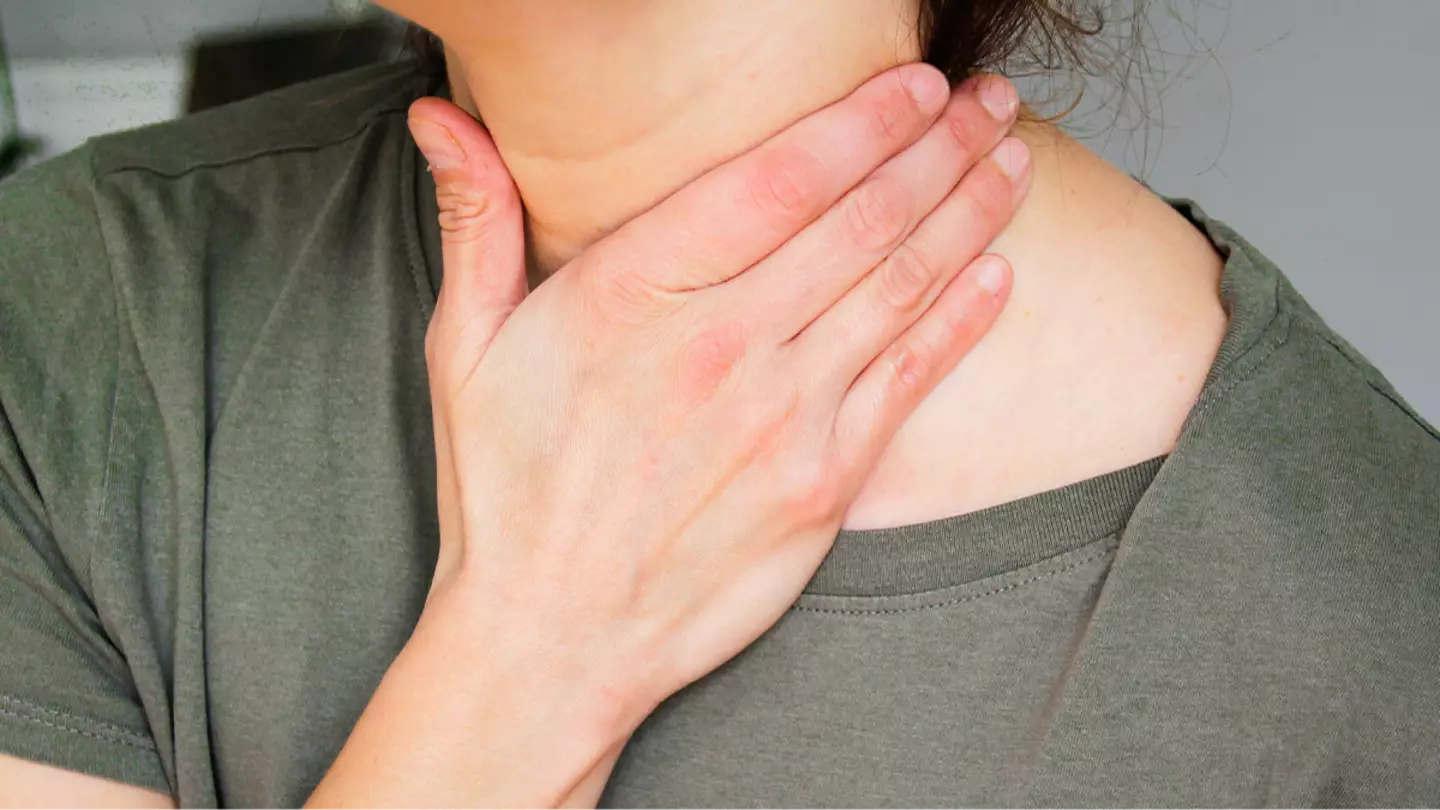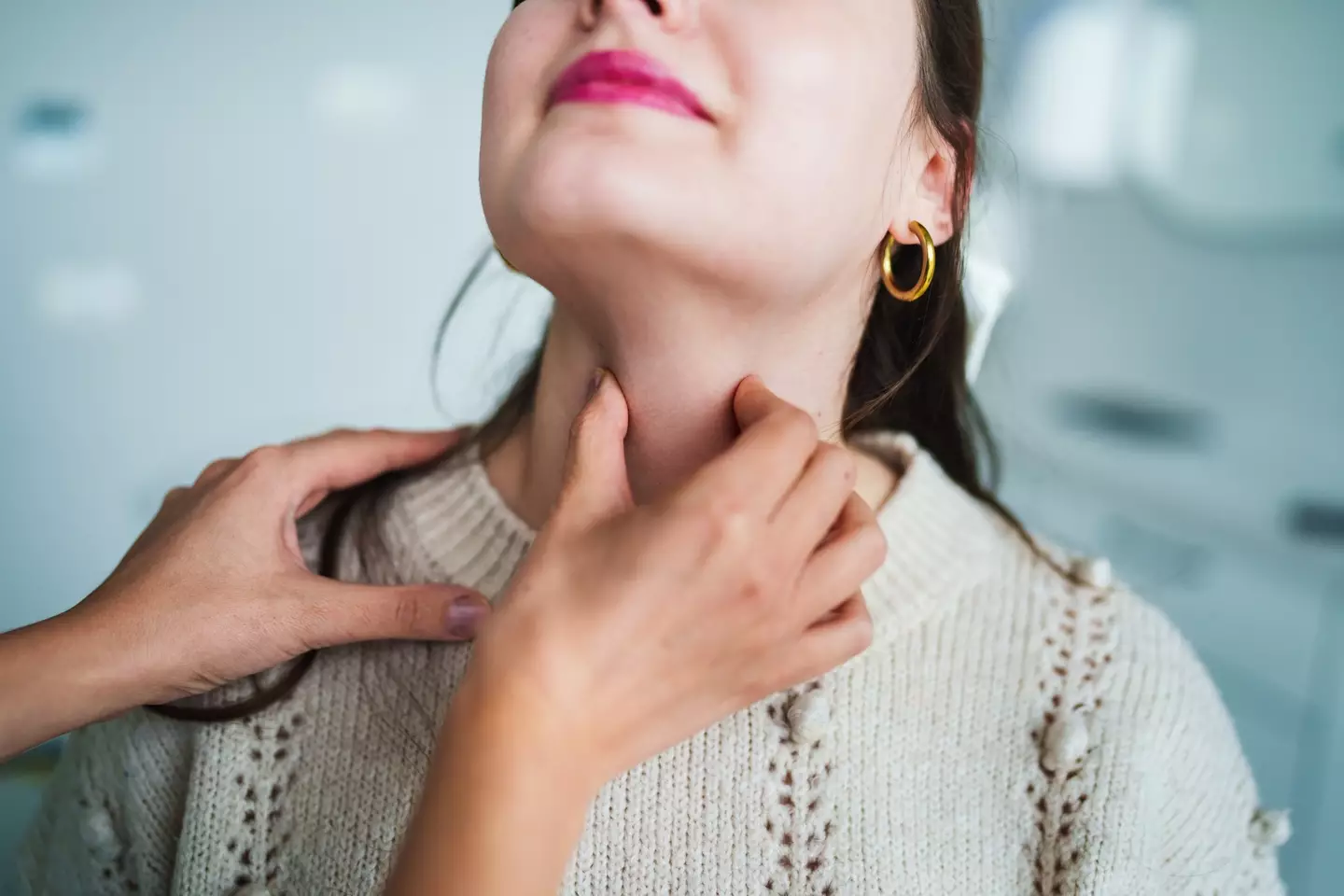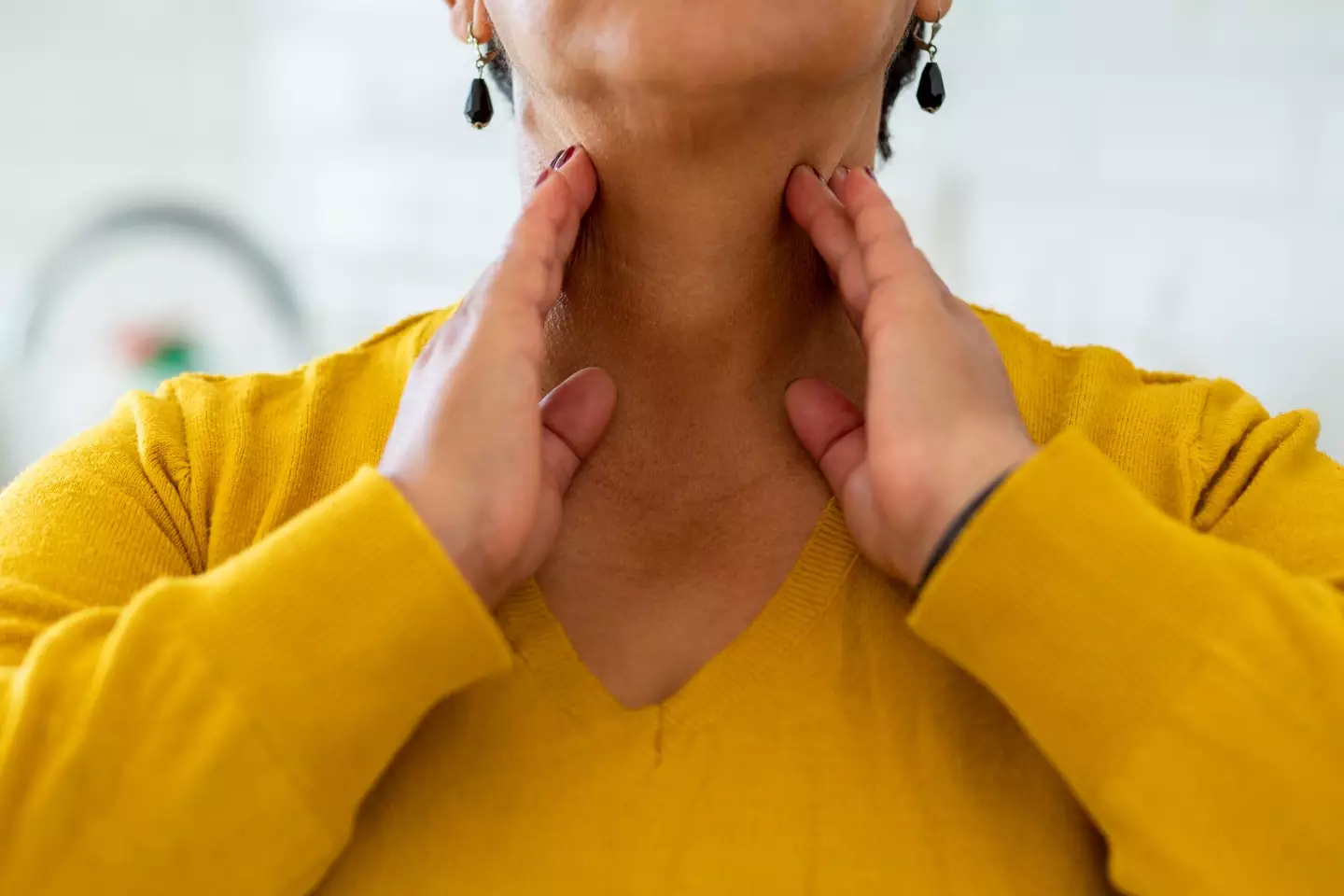
A doctor has revealed the exact amount of oral sex that can raise your risk of developing throat cancer amid the sexual act being the leading cause of the disease.
Around 54,010 adults in America will be diagnosed with oral and oropharyngeal cancer in their lifetime, according to the Mesothelioma Centre, while men are twice as likely to suffer from the disease as women.
Smoking or being infected with human papillomavirus (HPV) can increase the risk of throat cancer, with the latter, a group of over 100 viruses, considered one of the most common sexually transmitted infections (STIs).
Some people can even develop cancer as a result of HPV, with one doctor claiming the more oral sex partners you have, the more likely you are to develop oropharyngeal cancer.
Advert

Dr Hisham Mehanna, from the UK’s University of Birmingham, wrote in The Conversation: "Over the past two decades, there has been a rapid increase in throat cancer in the West, to the extent that some have called it an epidemic.
"The prevailing theory is that most of us catch HPV infections and are able to clear them completely," Mehanna added.
“However, a small number of people are not able to get rid of the infection, maybe due to a defect in a particular aspect of their immune system. In those patients, the virus is able to replicate continuously, and over time integrates at random positions into the host’s DNA, some of which can cause the host cells to become cancerous.”
Dr Mehanna went on to say that the number of partners someone has had oral sex with is the ‘main risk factor’ when it comes to developing cancer.
So, what is the exact amount of number of oral-sex partners that increase the risk?

"Those with six or more lifetime oral-sex partners are 8.5 times more likely to develop oropharyngeal cancer than those who do not practise oral sex," the medical expert resolved.
However, there's no need to panic just yet - knowledge is power, and HPV can be treated before it develops into cancer. In many areas of the world, HPV vaccination has already been implemented for young women to prevent cervical cancer, which the study suggest may also be effective in preventing HPV infection in the mouth.
In turn, this is believed to protect young men from the disease, as they develop 'herd immunity' in countries where the vaccine coverage for women is over 85%.
If you feel anything different, or want to get checked out, it's always best to reach out to your healthcare provider. Also, make sure you get tested regularly if you are having unprotected sexual contact.
Better safe than sorry, right?
If you’ve been affected by any of these issues and want to speak to someone in confidence, contact the American Cancer Society on 1-800-227-2345 or via their live chat feature, available 24/7 every day of the year.
Topics: Cancer, Health, Sex and Relationships
